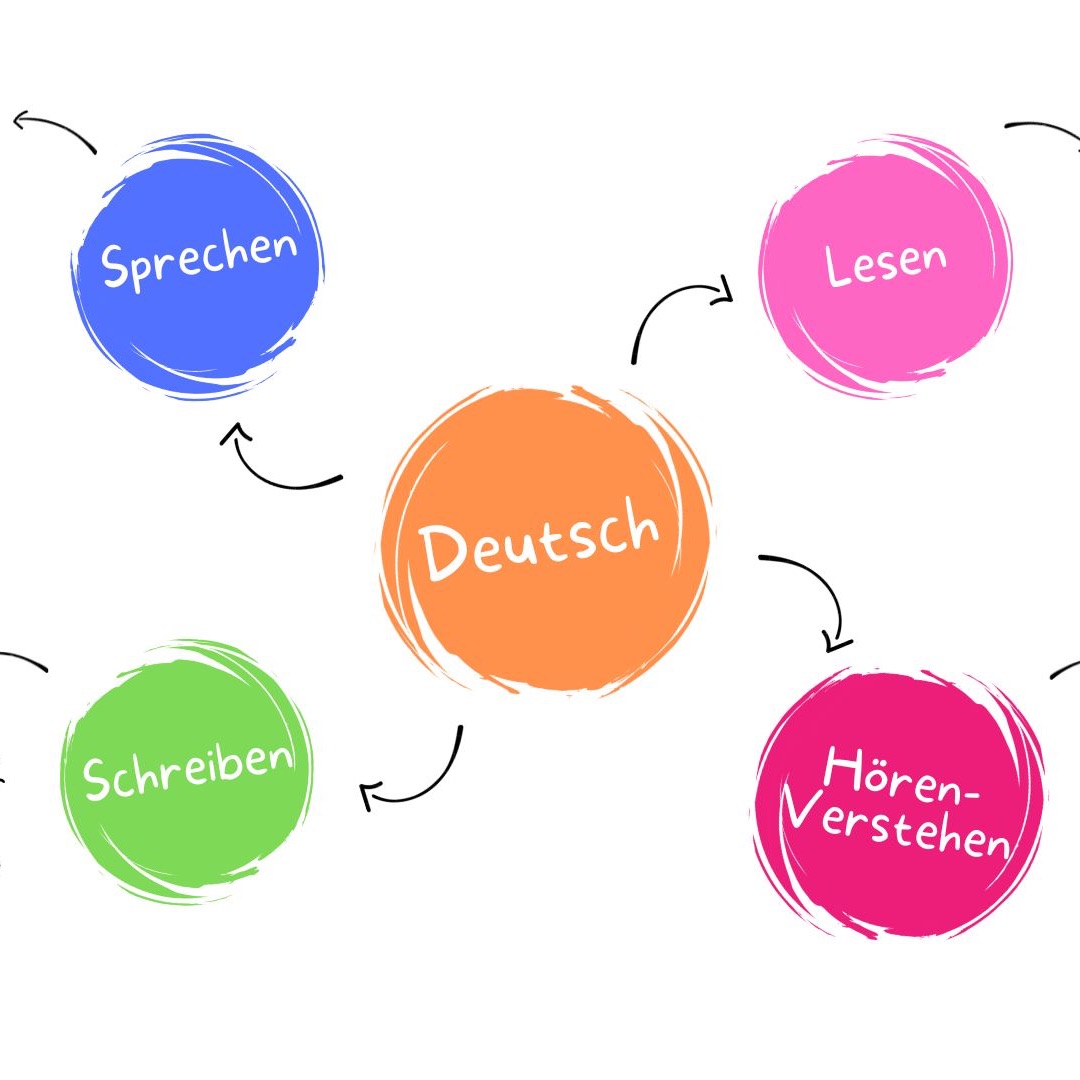Wählen Sie aus verschiedenen Englisch Lehrkräften für ...

Episode 32:気をつかう
Beschreibung
日本では新学期が始まり、多くの人が新しい環境で人間関係を築きはじめています。
日本人は「気をつかう」民族だと言われていますが、みなさんは気をつかわれると嬉しいでしょうか?
それとも壁を感じてしまいますか?
今回は、私たちの「気をつかう」体験について話します。
In Japan, the new school or business term has begun, and many people are starting to build new relationships in unfamiliar environments.
It’s often said that Japanese people are very considerate of others, but how do you feel when someone is being considerate toward you?
Does it make you happy, or do you feel a sense of distance instead?
This time, we’d like to share some experiences.
♤ キーワード
・注意を払う(ちゅういをはらう:pay attention)
・妊婦(にんぷ:pregnant woman)
・負債(ふさい:debt)
・負担(ふたん:burden)
・甘んじる(あまんじる:accept as it is)
・気を負う(きをおう:feel pressured)
♧ 理解度チェッククイズ
1. フミが気をつかわれて嫌だったのは、どんなとき?
2. アヤが気をつかわれて嬉しかったのは、どんなとき?
♢ 前回のクイズの答え
1. フミは毎年どんなカレンダーを買っている?
→ 縁起のいい日だけピックアップして書かれているカレンダー
2. それはどうして?
→「赤口」や「仏滅」などと書いてあると、朝から落ち込むから
BGM special thanks:MusMus
Podcast-Kanal
アヤさんとフミさんの日本語雑談(Aya and Fumi’s Japanese Chit-Chat)
Autor
Alle Episoden

Die Entstehung der Deutschen Sprache

Die Kraft der Farben

Der Geburtstagskuchen (Eine kurze und langsam ausgesprochene Geschichte zum Mitverfolgen)

Der abenteuerliche Schulweg

Schattenspiel der Ewigkeit
Beliebte Episoden

Kurze Hörgeschichten
Die Entstehung der Deutschen Sprache

Kurze Hörgeschichten
Die Kraft der Farben

Kurze Hörgeschichten
Der Geburtstagskuchen (Eine kurze und langsam ausgesprochene Geschichte zum Mitverfolgen)

Kurze Hörgeschichten
Der abenteuerliche Schulweg

Kurze Hörgeschichten
Schattenspiel der Ewigkeit